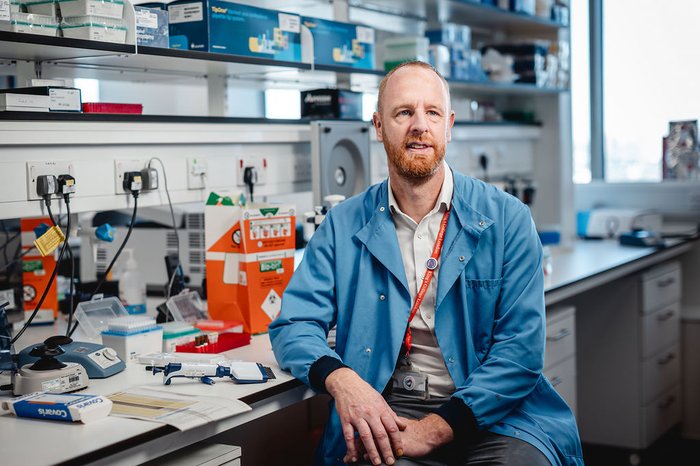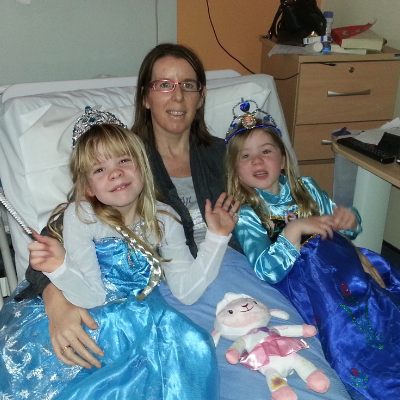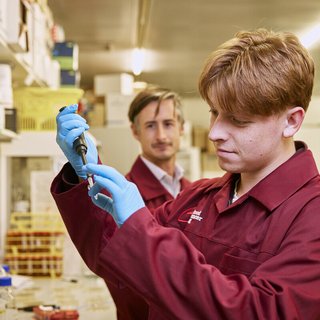Bone marrow test that spots residual leukaemia in trial could help improve survival
Researchers at King’s College London have found a test that detects traces of disease in the bone marrow of people with acute myeloid leukaemia (AML), a type of blood cancer. The procedure identified signs of AML returning in blood cancer patients before it showed up in blood tests. The scientific journal, The Lancet Haematology, published the findings today (April 28).

Richard Dillon led the research at King's College London
Acute myeloid leukaemia is a fast-growing type of blood cancer that usually needs urgent treatment.
In this research people were screened for DNA changes in genes, which are common in younger people with AML.
The trial involved 637 people who were in remission from AML who, over three years, either received standard monitoring or standard monitoring with additional bone marrow tests every three months.
The bone marrow test takes around 10 minutes under local anaesthetic, with a hollow needle inserted into the patient’s hip bone to take the sample.
Blood Cancer UK funded Dr Richard Dillon at King's College London, who led the study.
Detecting blood cancer early could give doctors a window of opportunity to act earlier."
- Laura Challinor
What we said about the work
Laura Challinor, from Blood Cancer UK, who part-funded the study, said:
“Our UK Blood Cancer Action Plan showed survival for acute myeloid leukaemia is shockingly low, so we’re pleased to have funded this research that could help shift the dial in a positive direction. This research shows you can detect signs of low-level residual leukaemia in the bone marrow before it can spotted in the blood. Detecting blood cancer early could give doctors a window of opportunity to act earlier, allowing people to possibly be treated at the earliest stages before their cancer comes back and improving survival. As this involves a bone marrow test every three months, we must also continue to push ahead with research into kinder therapies for the 280,000 people with blood cancer in the UK.”
A patients perspective

Jane Leahy and her family
Jane Leahy, took part in the trial. You can read her full story here - https://bloodcancer.org.uk/news/because-my-journey-can-help-someone-theirs/
She was diagnosed with AML in December 2014, at the age of 41, and after chemotherapy went into remission the following April. She had her bone marrow tested as part of the trial, which picked up abnormalities a few months later.
I’m incredibly lucky to have been part of the clinical trial and to have found this out then."
- Jane Leahy
After restarting treatment, the bone marrow test results also showed the chemotherapy was not working, with a stem cell transplant her only chance of going into remission again.
Nine years after her bone marrow transplant, which was donated by her sister Jane is still in remission.
Dr Richard Dillon, from King’s College London, said:
“We hope that these tests become part of routine care for this type of cancer across the UK and worldwide, and ultimately improve long-term survival rates for patients.”


